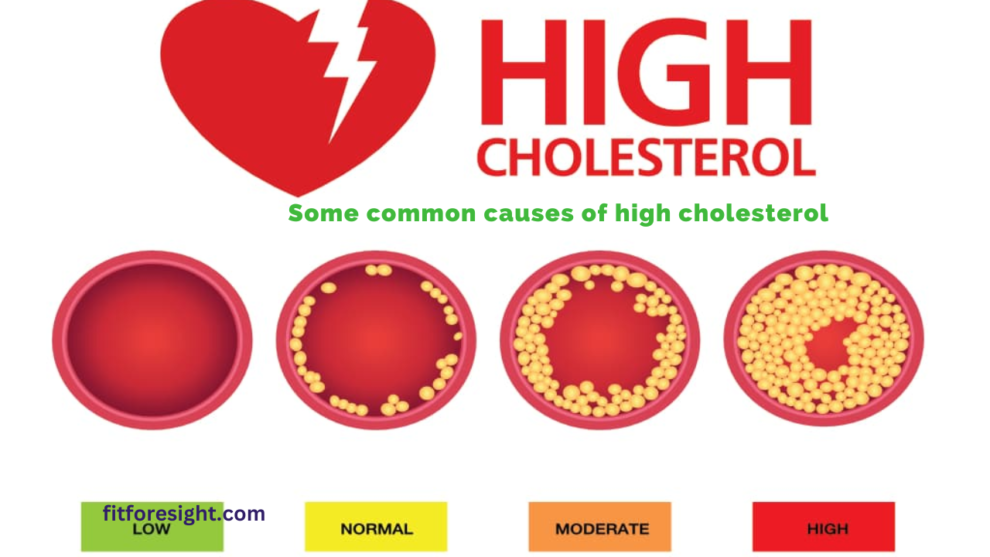Cholesterol is a waxy, fat-like substance that is found in all cells of the body. While some cholesterol is necessary for the body to function properly, too much cholesterol can be harmful to your health. High cholesterol, also known as hypercholesterolemia, occurs when there is too much cholesterol in the blood. High cholesterol can increase the risk of heart disease, stroke, and other health problems.
Some common causes of high cholesterol include:
- Diet: A diet high in saturated and trans fats can increase cholesterol levels in the blood.
- Obesity: Being overweight or obese can increase cholesterol levels.
- Lack of exercise: Physical inactivity can contribute to high cholesterol.
- Genetics: Some people may be genetically predisposed to high cholesterol.
- Health conditions: Certain health conditions, such as diabetes, hypothyroidism, and kidney disease, can contribute to high cholesterol.
Managing high cholesterol often involves lifestyle changes, such as:
- Eating a healthy diet that is low in saturated and trans fats.
- Exercising regularly to help manage weight and improve cholesterol levels.
- Quitting smoking, as smoking can raise cholesterol levels and increase the risk of heart disease.
- Managing underlying health conditions that may contribute to high cholesterol, such as diabetes or hypothyroidism.
In some cases, medications such as statins may be prescribed to help lower cholesterol levels in the blood. It’s important to work with a healthcare provider to develop an individualized plan for managing high cholesterol based on your specific health needs and risk factors.

























Add Comment